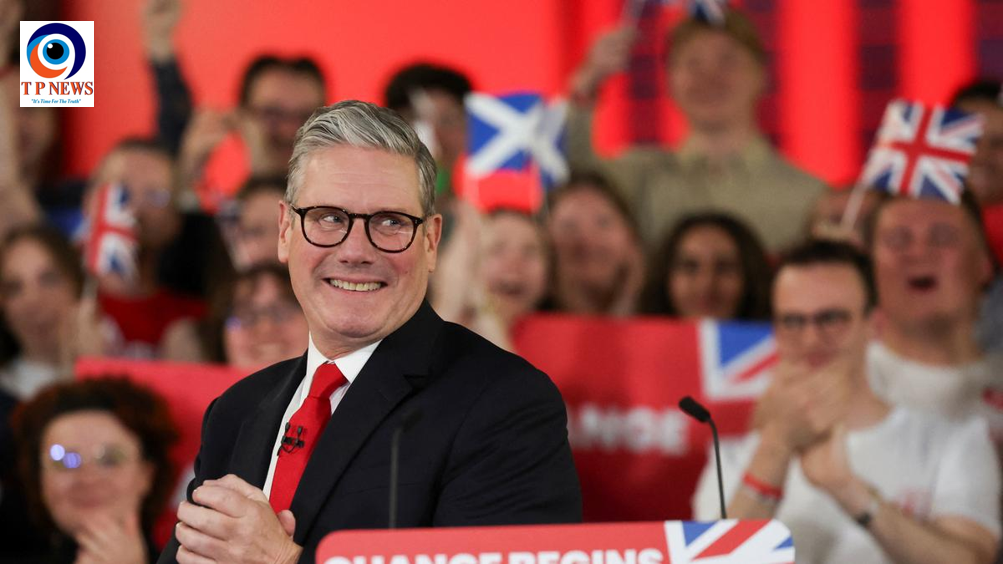In a landmark victory, the Labour Party has emerged triumphant in the 2024 UK general election, marking a significant shift in the country’s political landscape. Keir Starmer, the Prime Minister-elect, has pledged to usher in a new era of “national renewal” following Labour’s decisive win over the ruling Conservatives.
“Today, we start the next chapter—begin the work of change, the mission of national renewal, and start to rebuild our country,” Starmer declared in a celebratory speech in London, after Labour secured a majority in parliament.
British Prime Minister Rishi Sunak conceded defeat on July 5, acknowledging the opposition’s victory. “The Labour Party has won this general election, and I have called Sir Keir Starmer to congratulate him on his victory,” Sunak stated after retaining his parliamentary seat in northern England.
This election result ends 14 years of Conservative rule, with Starmer set to replace Sunak as Prime Minister. The Conservative Party, reeling from the historic defeat, faces internal turmoil and is likely to undergo a leadership contest to find Sunak’s successor.
As electoral staff tallied millions of ballots at counting centers across the nation, the scale of the Conservative loss became clear. The party must now grapple with its future direction amid the fallout from this unprecedented electoral outcome.















